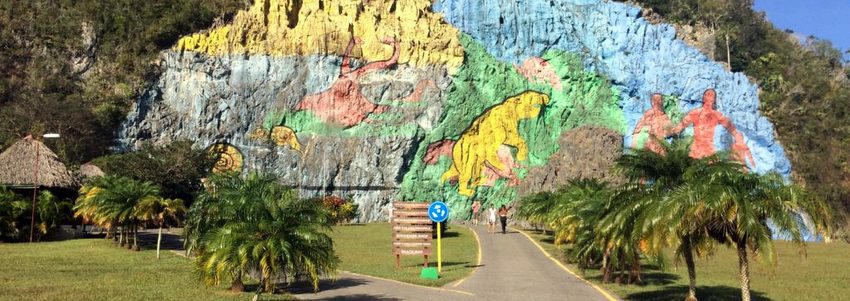Power Outages: Traveling to Cuba means keeping a flexible and open mind-set and accepting the fact that comforts we are used to may not be available. Due to fuel shortages, power outages in Cuba have become more common in 2023. Some of the accommodations we use on tour have backup power systems (e.g. generators) to address those issues. If the power goes out and there is no solution for backup power, electronic devices, including air conditioning and fans will not work, and cell phones will not charge.
Using Cell Phones and WIFI in Cuba
- Verizon and AT&T both have contracts with ETECSA (Cuba’s national telecommunications company) to provide roaming services. Costs for texting is about 5 cents for incoming texts and 50 cents for outgoing texts. Voice calls are about $3/minute.
- If you have an unlocked quad-band GSM cell phone you will be able to use it with a pre-paid Cuban SIM card. This takes time to set up but is an option if you want to take an extra day to try and make it work.
- More and more public internet areas are sprouting up around Cuba. The internet is all managed centrally so you have to buy a NAUTA Internet Card and then you can login to most any wifi spot. Most towns have several parks or public spaces where internet WiFi is available with an NAUTA card. The current rate is 1 CUC per hour. In Havana and other large cities you will find multiple locations. Cards can be purchased at Etecsa locations, hotels and for a small premium, from people on the street.
Unplug from the world and know what to expect in terms of electronics and power!
Keep these two factors in mind when deciding to bring electronic devices:
Voltage: Depending on the region, the voltage in Cuba ranges between 110 V to 220 V and outlets should be marked accordingly. Many hotels and resorts have an electrical current of 110V (60Hz). Some more modern accommodations also have a dual voltage system with some sockets running at 220V.
As a reminder, the voltage in the US and Canada is 120 V. This means that you will need a voltage converter for your devices if they don’t have a built-in converter. Devices with built-in converters usually include laptop computers and mobile phones. They come with the “brick”, or charger, that also has the voltage range they can handle written on it.
Outlets and adapters: The majority of outlets accept U.S.-style 2-3 prong plugs, though some also accept European rounded 2-3 prong plugs. Again, this depends on the region and type of accommodation. Find more information on adapters and converters for Cuba here.
Hair dryers – Need to tame your mane?
If you’d like to use a hair dryer we recommend that you bring your own as we can’t promise every hotel and Casa Particular will be equipped with one. Make sure to bring adapters and converters as needed.



